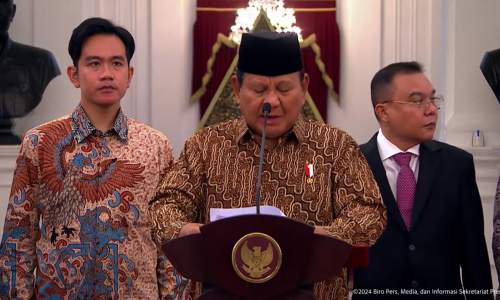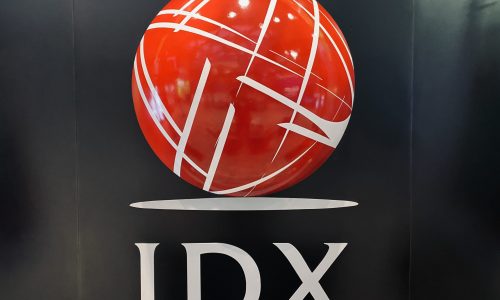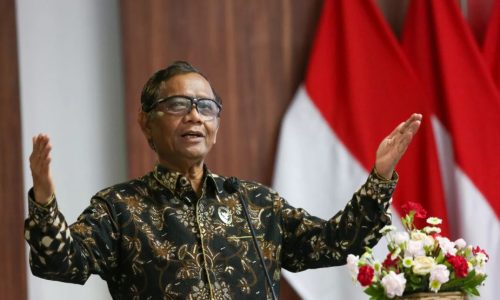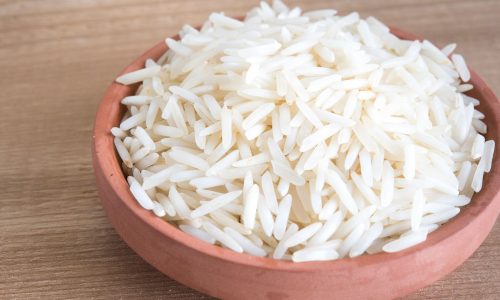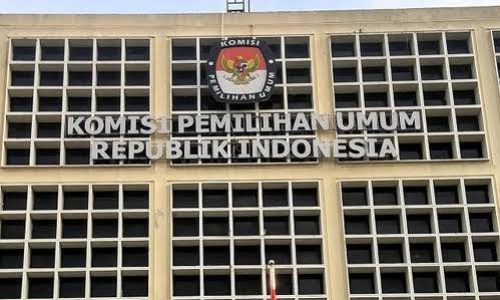Chairman of the Indonesian Chamber of Commerce and Industry (Kadin), Arsjad Rasjid, has suggested that strengthening the rupiah is not the sole strategy to maintain the operational performance of the manufacturing sector.
Arsjad recommended rapid measures, including tax incentives to expedite the flow of raw materials, as a significant portion of these materials is still reliant on imports.
“The instruments to strengthen manufacturing are not just related to the exchange rate. This must be approached carefully because everyone is currently only looking at the movement of the rupiah,” Arsjad said on Tuesday, June 25, 2024.
He further proposed import duty discounts and income tax exemptions for imported raw materials. He believed these incentives will ultimately accelerate the import flow and boost the performance of manufacturers, especially those focused on exports.
Simultaneously, Arsjad urged the government to tighten the importation of finished goods, particularly imported textiles. He suspects that certain unscrupulous elements are flooding the textile industry with imported products, negatively impacting local producers.
“The textile industry currently supports many micro, small, and medium enterprises (MSMEs) that operate as home industries, not just large textile factories,” he stated.
The National Trade Union Confederation reported that layoffs in the textile and footwear industries have reached 13,800 in the first half of this year, with projections that the number could surpass 40,000 due to underreporting in the textile sector.
Textile giant PT Sri Rejeki Isman (Sritex) recently laid off 3,000 workers, partly due to the influx of Chinese imports in the local market. These products have a higher competitive edge as many enter through unofficial channels and avoid paying taxes, severely impacting the domestic industry.
“We hope the government can establish tariff and non-tariff barriers for textile products from China,” Director of Finance of Sritex, Welly Salam, said on Tuesday, June 25.
Chinese textiles are currently more competitive than those produced by Sritex, as the company is subjected to various taxes, including value-added tax, corporate income tax, and employee income tax.
On the other hand, the local textile manufacturing costs are already relatively low. Sritex’s labor costs are among the lowest in Central Java, rivaled only by Bangladesh.




